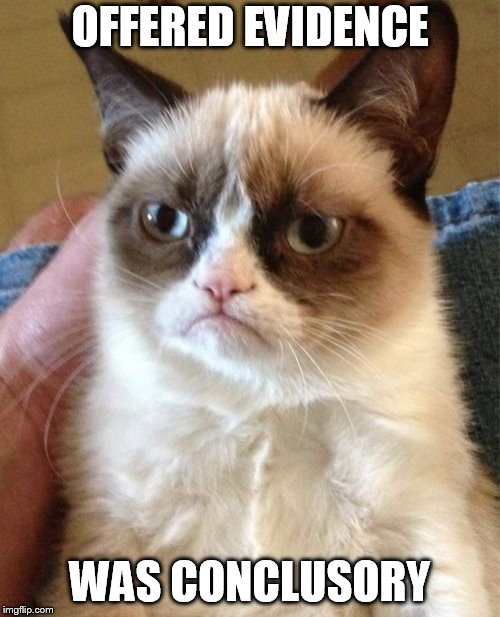 A Louisiana-based defendant removed a class action brought by an individual citizen of Louisiana, contending that a co-defendant’s “non-diverse Louisiana citizenship could be disregarded because the [statutory] claims against [the co-defendant] were ‘improperly and egregiously misjoined’ with the assignment-based bad faith claim against the removing defendant.”
A Louisiana-based defendant removed a class action brought by an individual citizen of Louisiana, contending that a co-defendant’s “non-diverse Louisiana citizenship could be disregarded because the [statutory] claims against [the co-defendant] were ‘improperly and egregiously misjoined’ with the assignment-based bad faith claim against the removing defendant.”
This concept — called “fraudulent misjoinder” and reliant upon state-law procedural rules — is distinct from the traditional concept of “improper joinder” (a/k/a “fraudulent joinder”), which focuses on the viability of the claim against the nondiverse defendant.
The panel majority in Williams v. Homeland Ins. Co., written by Judge Haynes and joined by Judge Ho, soundly rejected removal based on fraudulent misjoinder, emphasizing the doctrine’s practical consequences: “Adopting the fraudulent misjoinder doctrine will dramatically expand federal jurisdiction, putting the federal district courts in this circuit in the position of resolving procedural matters that are more appropriately resolved in state court—all without a clear statutory hook.” No. 20-30196 (Nov. 30, 2021).
A concurrence by Judge Ho emphasized the importance of the statutory text in rejecting the doctrine; a dissent by Judge Jones focused on “the unusual circumstances here, which bespeak obvious joinder machinations undertaken to avoid federal court.” (both opinions are in the above link). The trio of opinions suggests that this case may receive serious consideration for en banc review.










